
When someone dies, their bank account doesn’t automatically pass to a loved one. Before any money is released, banks follow a legal process to protect the funds and settle outstanding debts. Without the right paperwork, access can be delayed or denied. Planning ahead or managing a loss? Let’s break down the 10 steps banks take and what you need to know.
Account Is Frozen Immediately Upon Notification
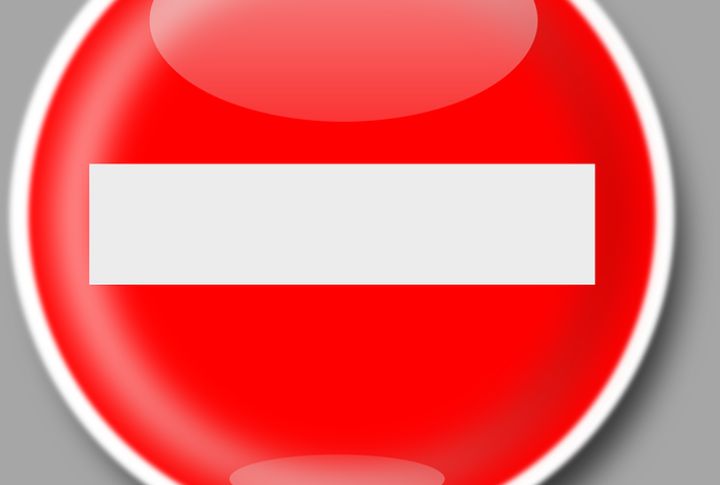
Once notified, the bank locks the account to stop unauthorized access. This includes automatic payments and debit activity. Some freeze accounts before even receiving the death certificate. Joint accounts may stay open if set up correctly, but uncertainty around ownership can delay or prevent that.
Death Certificate Must Be Submitted To The Bank
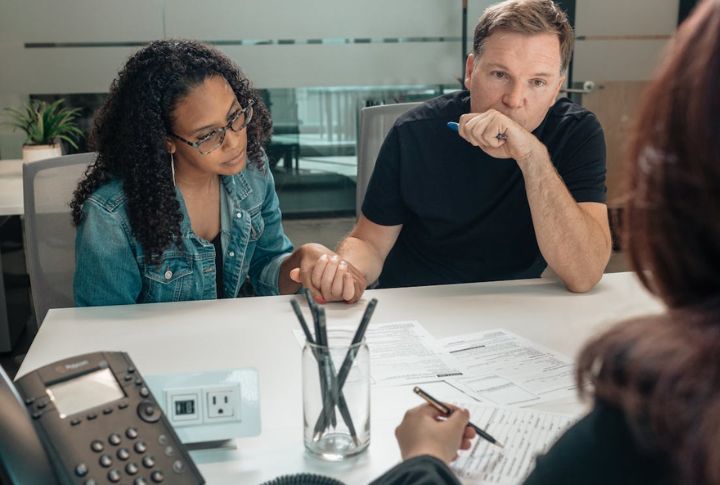
Before making any changes, banks typically require a certified copy of the death certificate. Photocopies are often rejected, and certified copies are the standard. In fact, multiple copies may be needed for different departments. In some states, funeral homes help families by providing free certified copies to streamline the process.
Executor Or Next Of Kin Is Asked To Step In
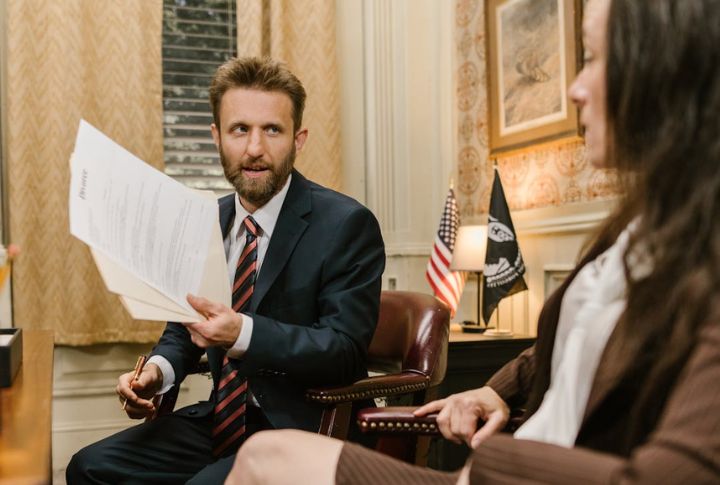
When a person dies, banks won’t release funds without proper legal authority. This usually means an executor or verified next of kin must step in. Access to minimal funds may be possible, but that depends on the rules of the bank and the state involved.
Bank Reviews Account For Payable-On-Death (POD) Beneficiaries

Named “Payable-on-Death,” beneficiaries get funds immediately. No probate. No court delays. These instructions override the will. It’s a little-known option for checking or savings accounts and one of the fastest ways money moves after demise, assuming it’s set up in advance.
Joint Account Transfers Automatically To The Surviving Holder
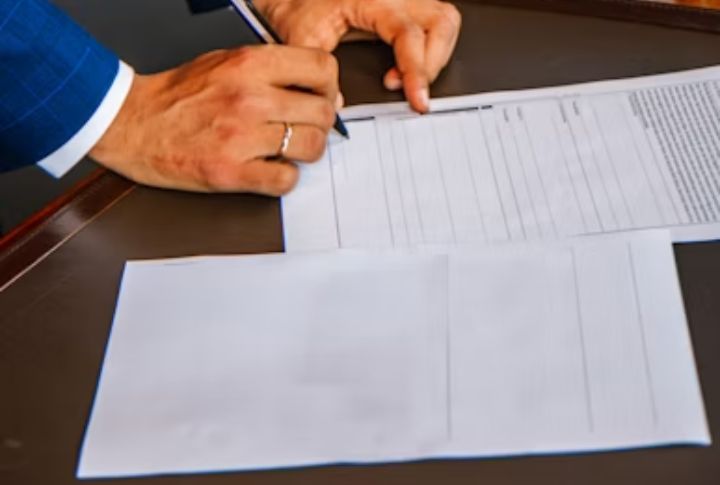
In joint accounts with rights of survivorship, the remaining holder automatically gets the balance. No court, no wait. However, not all joint accounts operate in this manner. If it’s “tenants in common,” the bank might freeze access until legal clarification comes through
Recurring Payments And Direct Deposits Are Stopped
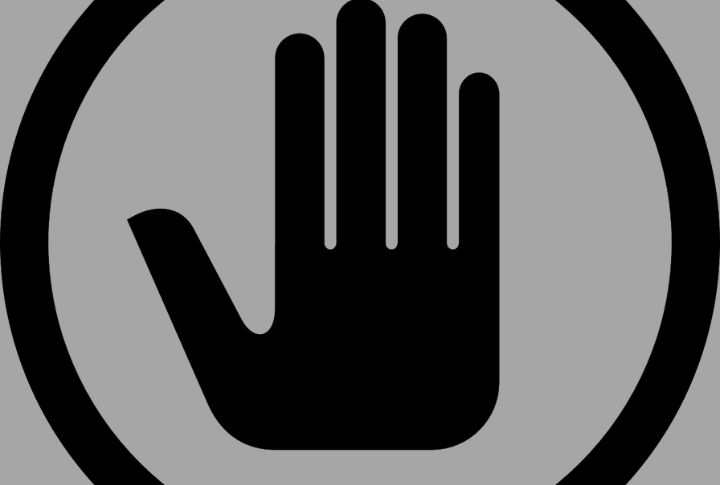
Social Security deposits are reversed if received post-demise. Auto-payments may still be processed if the passing away isn’t reported quickly. Some banks notify companies about the passing away of the account holder. Any incorrect activity during this time can cause problems during estate settlements.
Safe Deposit Box Access Is Restricted
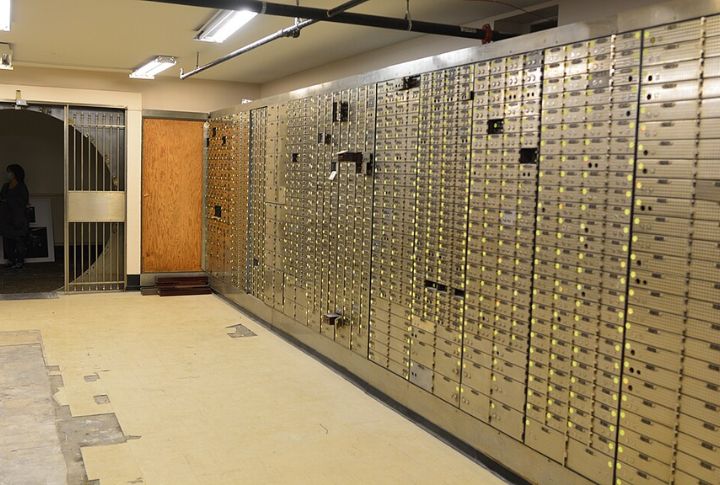
Even people listed as co-holders may lose access without a court order. Banks usually require an inventory of the contents with witnesses present. In some states, officials can inspect the box. It can take weeks or more to get legal access granted.
Outstanding Debts Are Flagged Against The Account

Banks check whether the deceased owes them money. Before heirs get anything, debts are paid from the account or estate. This can include credit cards. Some banks take what’s owed automatically before telling the executor, which can affect the estate’s overall value.
Bank Notifies Government Agencies If Required
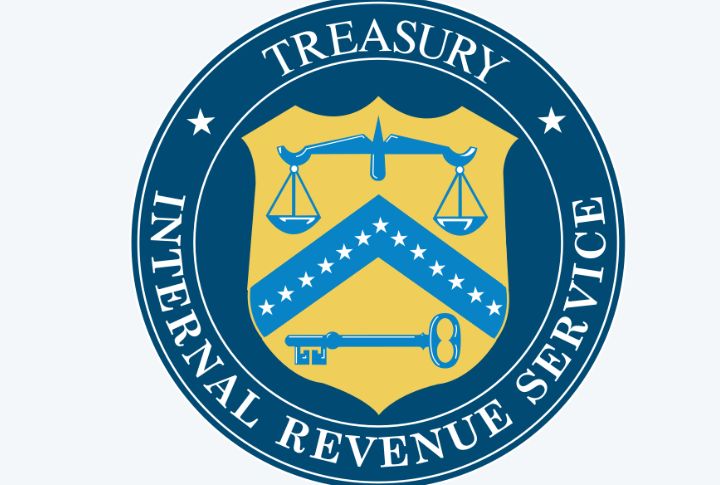
Executors must inform the IRS and Social Security Administration. Large account closures can trigger mandatory reporting. While passing away itself doesn’t always prompt a bank report, abandoned accounts do get flagged to state unclaimed property offices after a set period. Privacy laws vary because banks can’t share details with just anyone.
Remaining Funds Are Distributed According To Estate Law

No POD? No joint account? The probate court steps in. State laws then decide who inherits. Some small balances skip court with a simple affidavit. But when formal probate is needed, families should expect delays since this process can stretch for months, even years.
